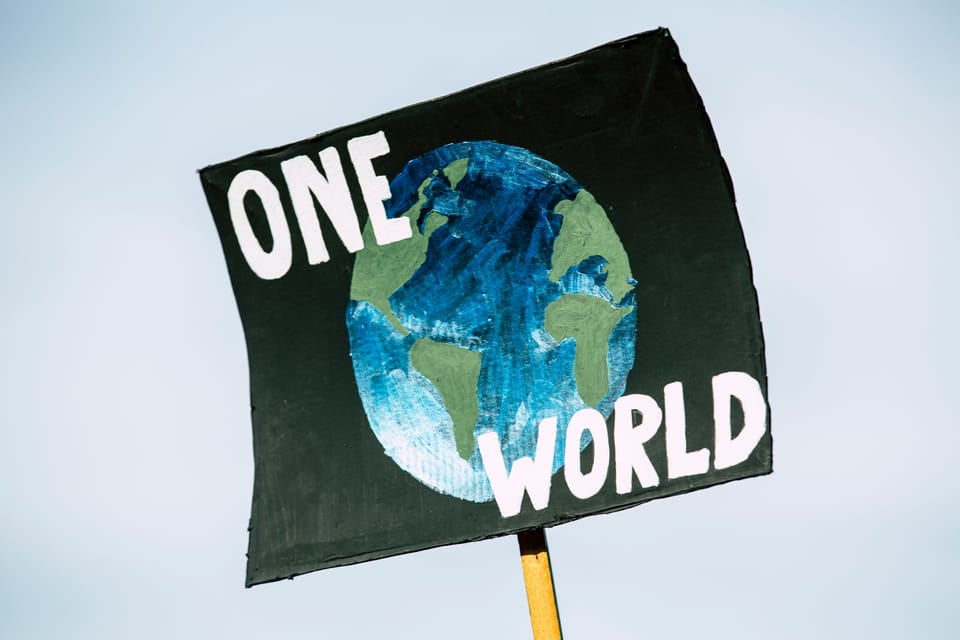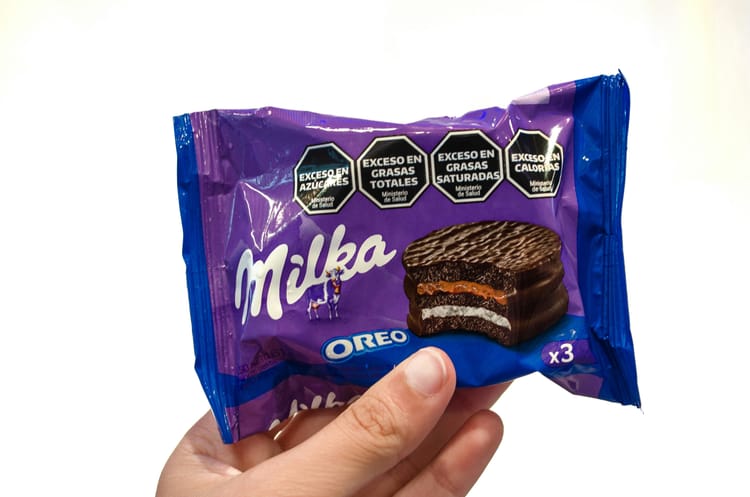10,000 firms now committed to science-based climate targets

The number of companies worldwide to have set or at least committed to setting climate targets based on the guidelines of the Science-Based Targets initiative (SBTi) has now reached 10,000.
The initiative announced the milestone on its Linkedin account today (January 20), noting that this represents a 29% increase on last year, when 7,425 businesses had targets or had committed to set them.
Around 70% of the total have had their targets validated by the SBTi, meaning that about 3,000 companies are yet to submit their goals – adopters get two years to develop targets from the moment they commit – or get validation.
“We applaud these 10,000 companies and financial institutions for their commitment to robust, credible and ambitious climate action. We urge all eligible businesses to follow suit and set emission reduction targets aligned with science. The time to act is now – our planet depends on it,” SBTi said in its statement.
SBTi ready to leave 2024 turmoil behind
This is a significant achievement for the initiative, which faced significant backlash over the last 12 months. In April 2024, the SBTi Board of Trustees suggested that the organisation may expand the use of carbon offsets to meet its net zero standard – a statement that revealed profound division in sustainability circles.
After a few months of heated debates that led its former CEO Luiz Amaral to step down, SBTi appeared to kick the can down the road when it announced that its work on the effectiveness of carbon credits to meet climate targets had resulted in “mixed findings”, and that more work would need to be done to draw conclusions.
Now, SBTi has appointed a new CEO, former EY corporate sustainability partner David Kennedy, and seems intent on remaining “the global standard for voluntary climate leadership” as it embarks on the update of its flagship Corporate Net Zero Standard this year – which will mean choosing a stance on carbon offsets.
Companies that recently validated targets – and those that left SBTi
Some of the companies that had their climate targets validated by the SBTi last year include enterprise software firm Sage and apparel brand Levi Strauss and food manufacturer Midsona.
But 2024 also saw some departures from the initiative: Air New Zealand, for example, dropped its 2030 GHG emissions intensity reduction target and withdrew from the SBTi, citing aircraft availability and sustainable aviation fuel supply restrictions.
In addition, 284 companies saw their ‘commitment removed’ from the SBTi website after failing to submit a target within the two-year window: these include X (which had made the commitment before its takeover by Elon Musk, when it was still known as Twitter), as well as Brazilian meatpacker JBS – which recently walked back on its 2040 net zero commitment.
A study published last August found that committing to SBTi-approved climate targets has little effect on the price of shares.







Member discussion